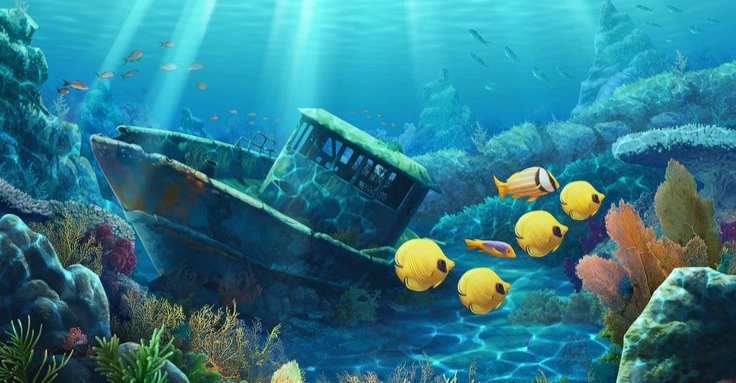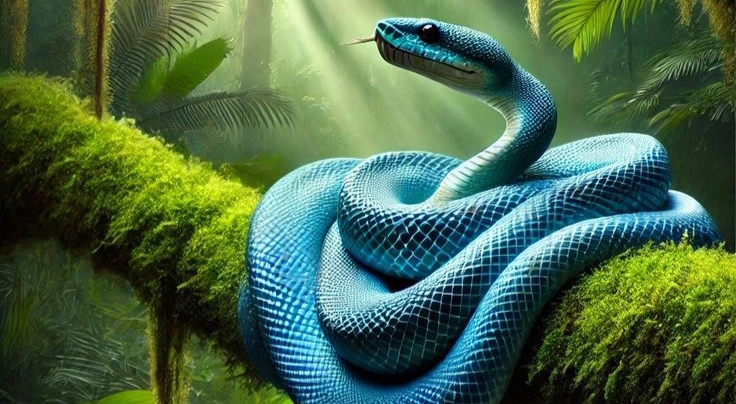The Role of Animals in Ecosystems
Animals play a crucial role in maintaining the health and function of ecosystems. Every species contributes a unique ecological service—whether it's pollinating plants, controlling populations, dispersing seeds, or participating in food webs. The loss of even one species can disrupt ecological balance and diminish ecosystem resilience.
Predators regulate populations of herbivores, preventing overgrazing and preserving vegetation. Pollinators such as bees, butterflies, and bats enable plant reproduction, including many vital food crops. Detritivores—like insects, worms, and microbes—break down organic matter, enrich the soil, and complete nutrient cycles.

In aquatic ecosystems, animals are equally essential. Fish and other aquatic species help purify water, cycle nutrients, and serve as a food source for other organisms. Marine mammals like whales contribute to carbon regulation by facilitating carbon storage in ocean depths.
Human activity threatens these delicate ecological relationships. Habitat destruction, pollution, overhunting, and climate change are causing species decline and disrupting ecosystem functions. Restoring these systems requires scientific understanding, biodiversity conservation, and efforts to rebuild interspecies relationships.

Raising awareness about the role of animals helps foster respect for nature and support for conservation. Every living being is a vital part of the life system. By protecting animals, we safeguard the foundation of our own survival.
Close